Saudi Arabia-Lebanon crisis: Riyadh orders Lebanese ambassador to leave country
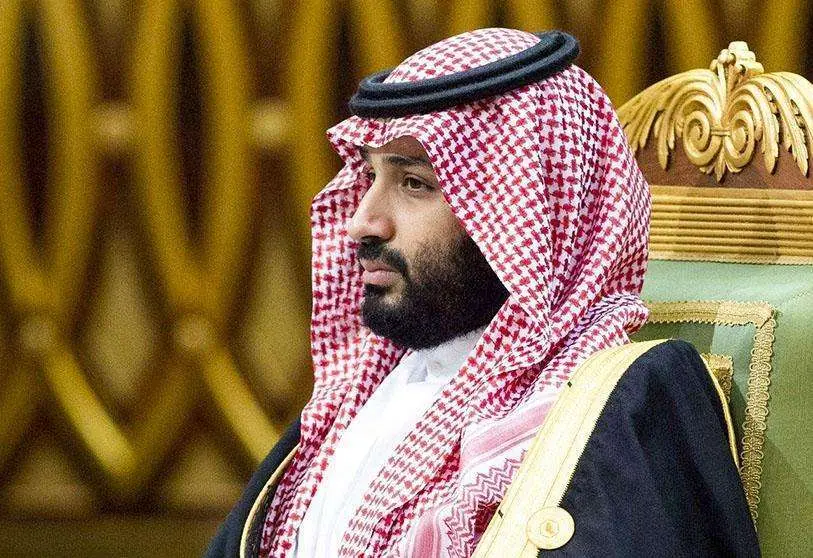
Riyadh has responded to George Kordahi's criticism of the conflict in Yemen by ordering the expulsion of the Lebanese ambassador to the country. The Saudi kingdom will also 'take a number of measures in connection with the case', as reported by the state news agency SPA. These include a ban on all imports from Lebanon. Riyadh has also recalled its ambassador to Beirut for consultations.
Saudi Arabia regrets "the outcome of relations with Lebanon due to its authorities' ignorance of the facts and their continued failure to take corrective measures to ensure the fulfilment of relations in which Saudi Arabia has long been interested," SPA said. Riyadh considered the Lebanese minister's statements "offensive" and "deplorable", and has taken the "necessary" measures to "protect the country's security".
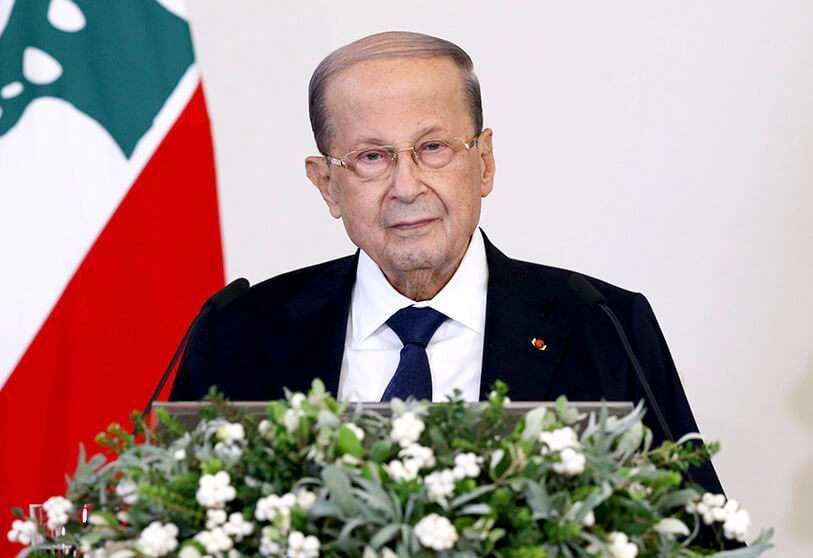
In addition, the news agency adds 'the lack of punishment against those involved in crimes targeting the people of Lebanon and the lack of cooperation in the extradition of persons wanted in Saudi Arabia'. In this regard, Riyadh points to Hezbollah, which, according to the Kingdom, has turned Lebanon "into a stage and a launching pad to implement projects of countries that do not want the best for Lebanon and its people".
Hours after Saudi Arabia announced this measure, neighbouring Bahrain took the same decision regarding its Lebanese ambassador. Like Riyadh, Manama ordered the diplomat to leave the country within 48 hours. The United Arab Emirates and Kuwait, after recalling their ambassadors to Lebanon in response to Kordahi's comments, followed in the footsteps of Saudi Arabia and Bahrain and ordered the expulsion of the Lebanese ambassador. The Gulf Cooperation Council also condemned the information minister's remarks.
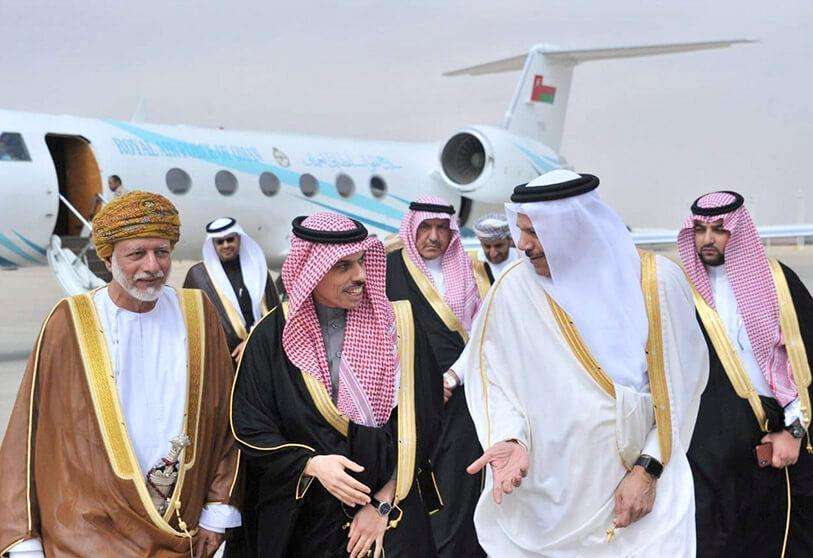
A few days ago, a video of George Kordahi, Minister of Information, began circulating on social media commenting on the situation in Yemen, a country ravaged by war since 2014. Kordahi described the conflict as "futile" and "an aggression by Saudi Arabia and the United Arab Emirates". In 2015, both countries intervened in the conflict to support the internationally recognised government of Abdo Rabu Mansur Hadi. The Riyadh-led coalition also launched an offensive against Iranian-backed Shia Houthi militias accused of serious crimes against humanity.
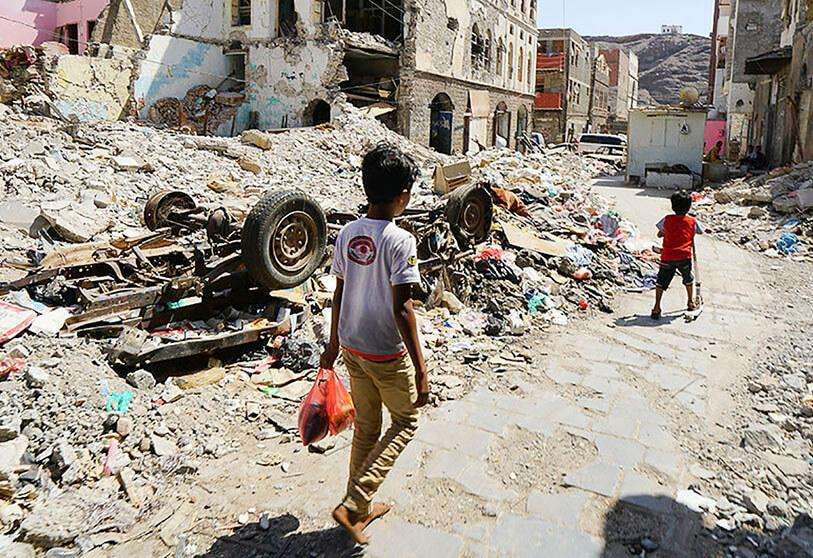
Saudi Arabia also considers the Houthis to be supported by Hezbollah, a Lebanese Shi'a political party and militia founded in 1982. On this particular issue, Kordahi noted that the Houthis are "defending themselves against external aggression". The Shia armed group, meanwhile, issued a statement praising Kordahi's comments on the war in Yemen.
Following the controversy, Kordahi held a press conference in Beirut in which he refused to apologise for his past statements. The minister and TV presenter made the comments before taking up his post in the new Lebanese government. "We should no longer be subject to blackmail in Lebanon by anyone, be it countries, ambassadors or individuals," Kordahi stressed. The country's chief information officer said he would not resign from his post. "I didn't wrong anyone, I didn't attack anyone. I did not attack anyone. Why should I apologise? I expressed my opinion with love as a human being who feels Arab suffering," he explained.
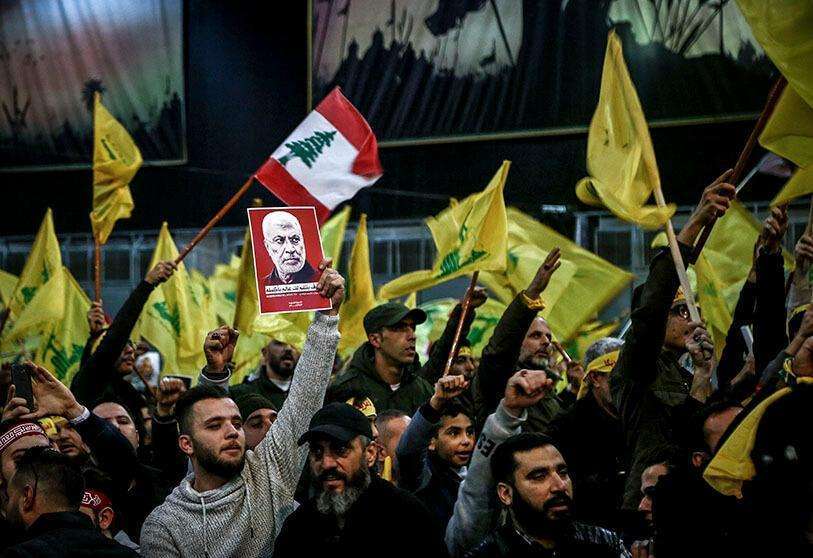
Lebanese Prime Minister Najid Mikati has asked Kordahi to "take the appropriate decision taking into account the national situation" to resolve the crisis with Saudi Arabia. He has also decided that Lebanese Foreign Minister Abdullah Bou Habib will stay in Beirut and not attend the international climate conference in Glasgow. "We believe that what is happening is a problem that can be solved with sincere fraternal dialogue," Mikati said after learning of Riyadh's decision.
According to EFE, the Lebanese prime minister said his country is maintaining "contacts" to resolve the diplomatic crisis. "We hope that the Kingdom's leaders will consider the decision and, for our part, we will continue to work with all our efforts and perseverance to correct the failures and address what needs to be addressed," Mikati said in a statement, as reported by the news agency.
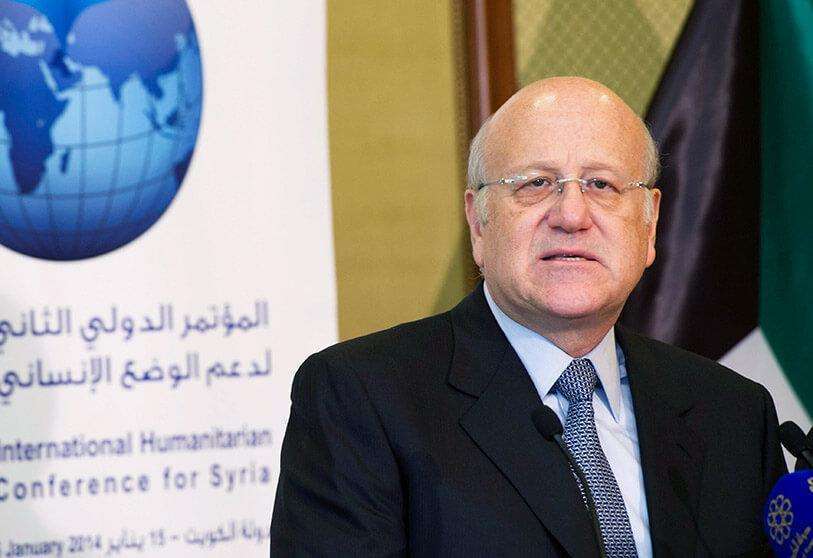
His predecessor, Saad Hariri, has also weighed in on this new dispute between Riyadh and Beirut. "The responsibility, first and foremost, in this regard, lies with Hezbollah and its declared hostility towards Arabs and Arab Gulf states," the former Sunni prime minister tweeted.
In April, Saudi Arabia announced that it would suspend agricultural imports from Lebanon, claiming that these shipments were being used to smuggle drugs. Saudi authorities found amphetamines inside a shipment of grenades at the port of Jeddah. At the time, Riyadh accused Beirut of inaction, something it has reiterated in the wake of the new diplomatic crisis. "Lebanon has taken the measures demanded by the Kingdom to stop the export of drugs to the Kingdom", Saudi Arabia stresses.
The following month, in May, former Lebanese foreign minister Charbel Wehbe resigned after insinuating that Gulf countries were behind the rise of Daesh.
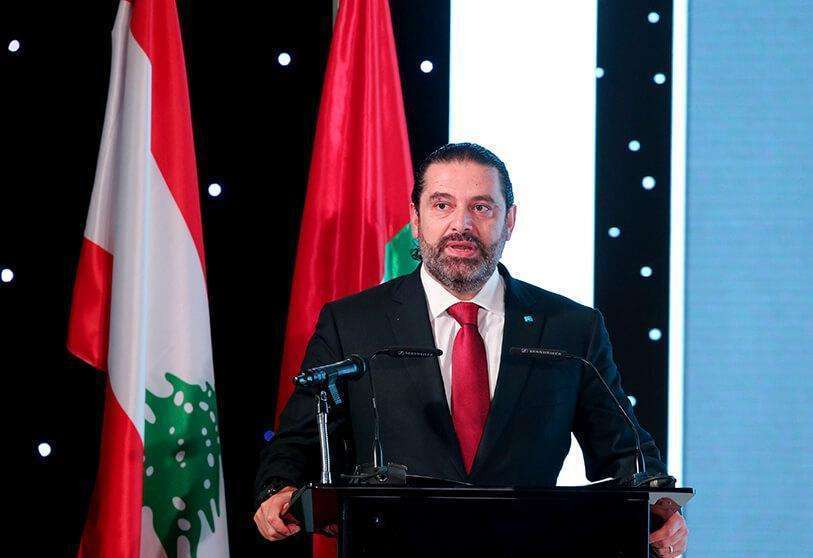
In this regard, it is also worth noting the serious diplomatic crisis between the two countries in 2017. Hariri's resignation sparked a major controversy between Beirut and Riyadh after Lebanese authorities accused Saudi Arabia of forcing the resignation of the then prime minister. Riyadh went so far as to claim that the Beirut government would be treated "as a government declaring war on Saudi Arabia" and forced all its citizens to leave the country.








